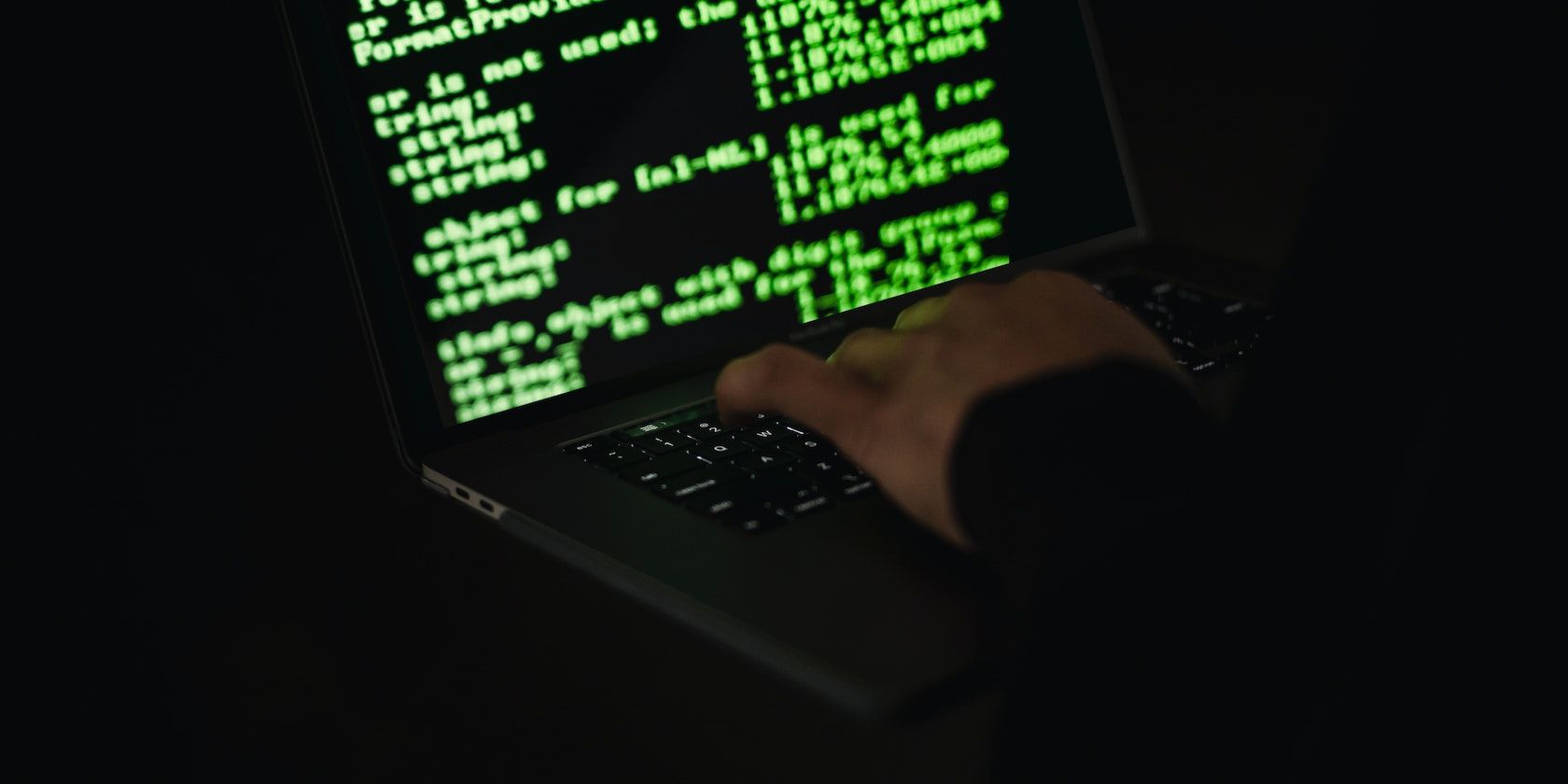All companies are at risk from cybercriminals. Any system can have a vital importance in meeting the needs of individuals, institutions, and society. Cyberattacks are carried out every day on corporate structures that have thousands of users. And that means business owners have an obligation to look after their networks and their employees.
Your first line of defense is knowledge. So what cyberattacks do companies regularly face? And what can you do about them?
Phishing Attacks
Phishing attacks seek to get a person's password or credit card information unlawfully using email, a malicious website, or social media. This is a sort of social engineering which tricks victims into revealing sensitive details about themselves. Cybercriminals can also do this in order to spread malware onto a system—which can be a huge issue if it spreads across a whole business network.
You can spot such attacks, but you need to know the signs of a phishing email first.
Ransomware
Ransomware is malicious software that demands ransom from users, typically via cryptocurrency, by blocking (i.e. encrypting) access to files on infected information systems. Data loss and downtime are the biggest ramifications of ransomware. Both of these outcomes are exceedingly expensive, particularly for large corporations with hundreds of employees. Significant downtime may cost millions of dollars in sales and undermine consumer confidence.
Ransomware Statistics
The number of ransomware attacks increase every year. According to Safety Detectives, the typical ransom payment for small- and medium-sized enterprises ranges between $500 and $2,000. While this figure may look insignificant to larger corporations, it could be critical for small businesses that cannot afford to lose their data.
Ransomware attacks are mostly aimed at Windows operating systems, perhaps due to market penetration. But that certainly doesn't mean OSX, Linux, and Android are immune to ransomware. Any operating system can fall victim to a ransomware attack.
The issue of email security is also very important in this respect because in many ransomware attacks, attackers hide an embedded URL in the message.
Business Email Compromise Attack
This is a type of scam targeting companies that make wire transfers and have suppliers abroad. The attacker obtains corporate or public email accounts of executives or senior employees dealing with finances or wire transfer payments. Then the attack begins through exposed databases, keyloggers, or phishing attacks. Finally, the attacker searches for topics that contain words such as "request", "payment", "transfer", and "urgent".
BEC (or Business Email Compromise) uses social engineering methods to fool employees of all levels. They often impersonate the CEO or any executive authorized to make a wire transfer. The attacker carefully researches and closely monitors potential victims and organizations.
Many companies suffer hundreds of thousands of dollars in losses each year because of this type of attack.
How to Protect Your Business Against Cyberattacks
Although there are many types of attacks against institutional structures, there are many precautions you can take too. Every business and indeed every official in that business should know these because education is key. The main goal of an attacker is to seize the device of an authorized official, meaning it will be easy for them to access a lot of information about the target institution.
The most important of these measures, and something many institutions overlook, is not investing enough in cybersecurity. Many companies do not invest in cybersecurity units, and there are too many corporate companies that have no idea about it or don't think it necessary. "Small" businesses underestimate their worth.
Cybersecurity is a matter of experience and expertise, meaning you need to configure many defense layers, i.e. software, hardware, cloud-based, etc.
For example, when looking to invest in an open source website management tool, it would be risky for a company to purchase an add-on from unofficial outside sources. Any security issue that may arise in this plugin poses risks if not fixed. And so, it's necessary to get support from a cybersecurity team and to constantly keep the system up to date and under examination.
For this, you need to carry out black box penetration tests and white box penetration tests at least once a year. You should regularly perform security scans on corporate systems during periods when penetration testing is not performed. To manage the vulnerabilities found as a result of these scans, you need appropriate strategies to prioritize problems. If there is a security department within the corporate structure, check their work regularly.
Smaller businesses might not have the budget for a full cybersecurity team, but they can still put in place simple measures, like using strong antivirus software and regularly updating all systems, including operating systems and apps. Certainly creating a back-up and detaching it from your devices is a cost-effective way of dealing with potential ransomware attacks; no, it won't protect you from them, and in such an event, we advise you go to an expert in order to deal with the infection and reinstall your back-up. Nonetheless, at least you won't necessarily have lost everything.
(You wouldn't be out of the woods: you might decide to pay the attackers so they don't sell on the information of you and your customers—and even then, they might not give decrypt your data.)
Finally, of course, it is important to inform all personnel about cybersecurity and to share the measures to be taken with them. Since you cannot predict which device will be attacked in the corporate structure, everyone should know about it.
The Importance of Cybersecurity for All
The cybersecurity landscape can change every day—and that's why you need to stay up to date. That means keeping track of notable scams and passing that knowledge on.
Cybersecurity is perhaps the most important building block in the technology world. It's even possible to crash a country's economy and cause war just with malware. You can imagine how effective such an important and ever-evolving issue can be for corporate companies. You can better understand the severity of this situation by looking at the stats on cyberattacks.



